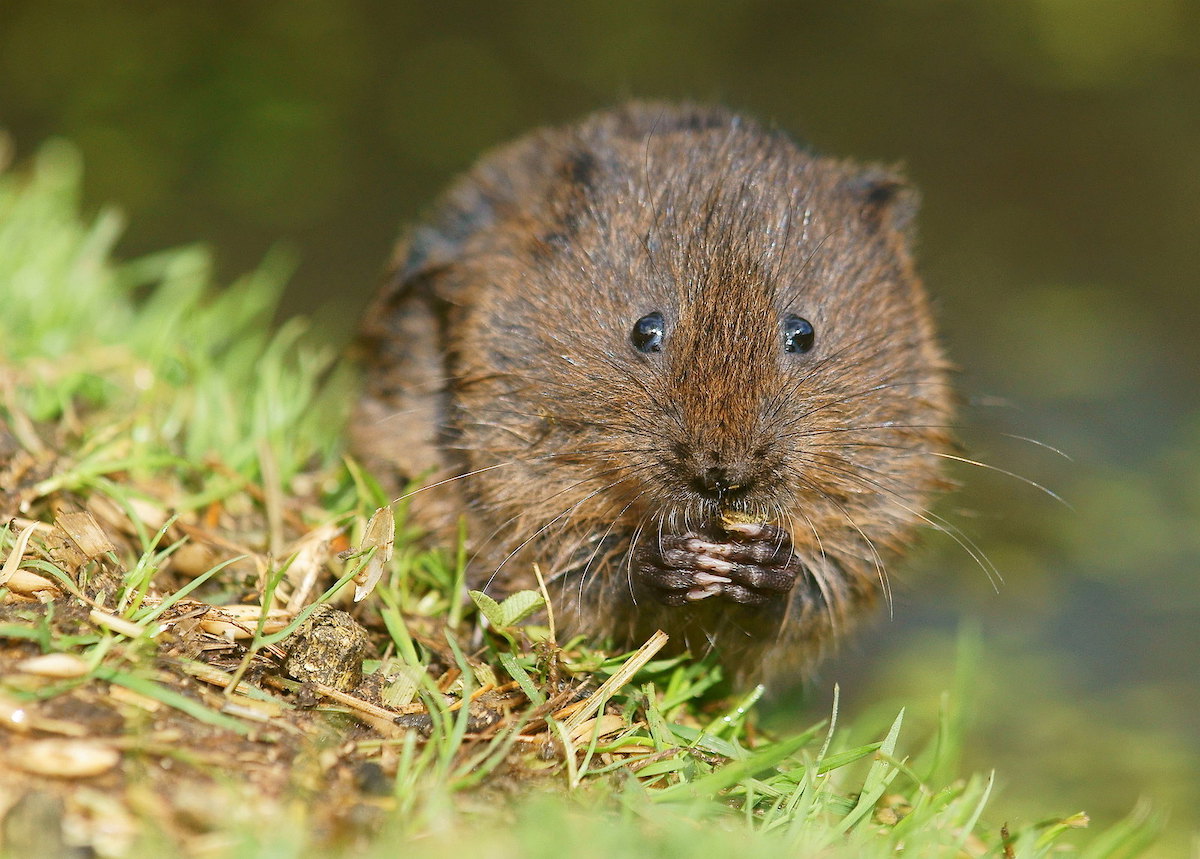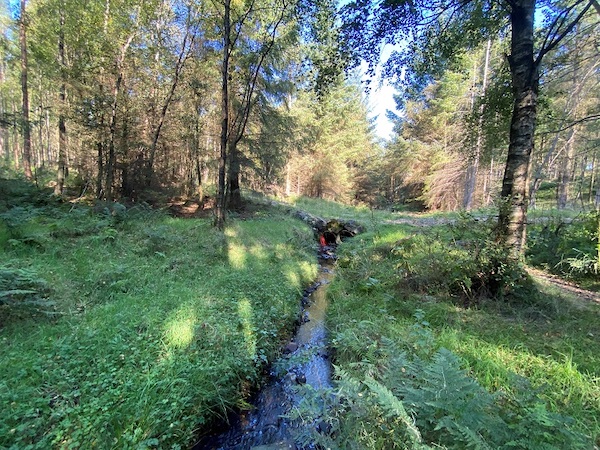Timble Ings Woods will be the new home of more than 100 water voles as part of a drive to help the endangered species to survive in the Nidderdale area.
Yorkshire Water owns the woodland where the mammals will be released, which is a Site of Importance for Nature Conservation.
The company said the area is now an ideal habitat for water voles following its work on watercourses and banksides. Lee Pitcher, head of partnerships at Yorkshire Water, said:
“As Yorkshire’s second largest landowner, we’re committed to ensuring our land protects the management of water, but also benefits the environment by delivering exceptional land for the people of Yorkshire.
“One of the aims of our Land Strategy is to enable plants and wildlife to thrive on Yorkshire Water land. The work we’ve undertaken at Timble Ings Woods makes it a fantastic habitat for water voles and is important for the protection of this vulnerable species.”
Timble Ings Woods is located in the Nidderdale Area of Outstanding Natural Beauty, which offers further protection to the landscape.
Kelly Harmar, biodiversity officer at Nidderdale AONB, said:
“Water voles are in decline nationwide and recent surveys in the AONB revealed precious few populations of water vole on our local rivers. This introduction is a positive step at a site chosen to maximise their chances of survival. We hope the new arrivals will be very happy in their new home.”
Read more:
Water voles are believed to be one of the fastest-declining mammals in Britain. They are under serious threat from habitat loss and predation by the non-native American mink.
The animals to be released locally have been bred in captivity by Derek Gow Consultancy, and will initially be held in large release pens to acclimatise to their new environment, before they are set free.







